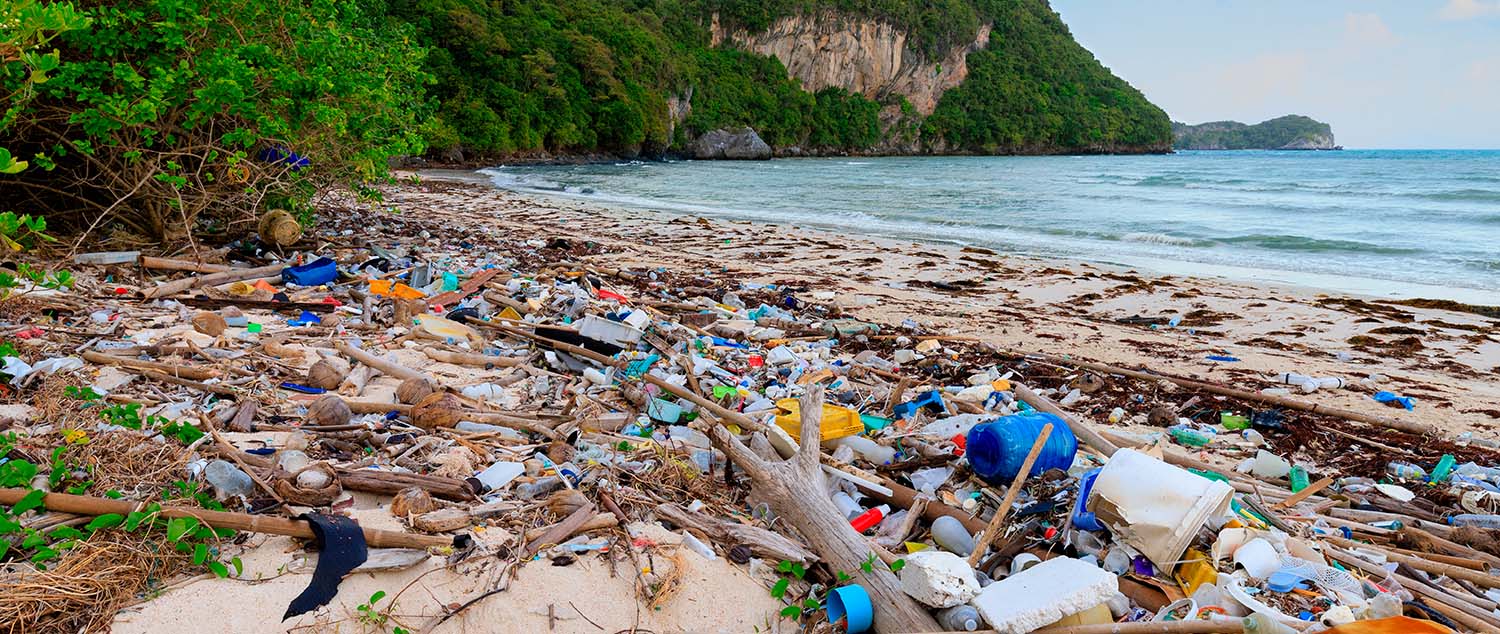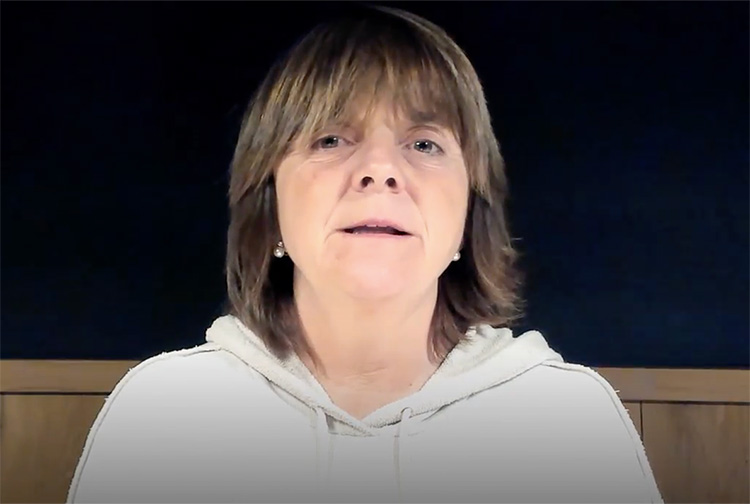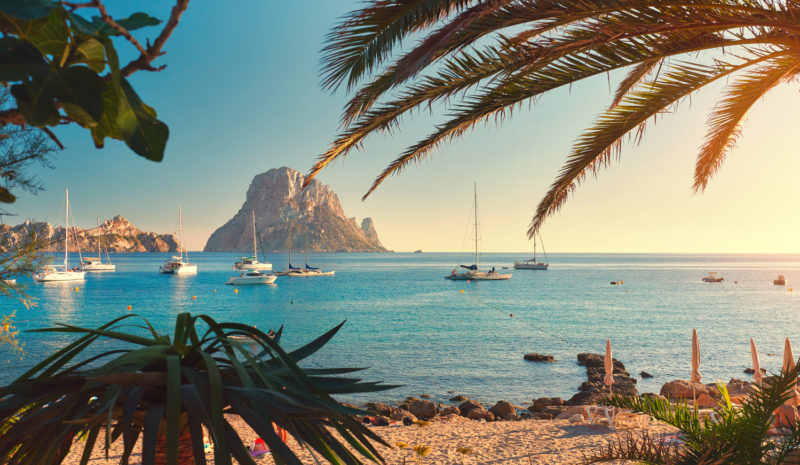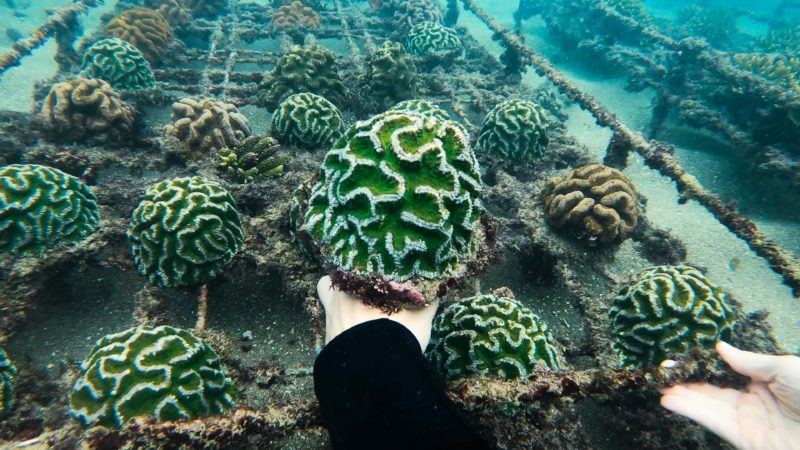

The fight against plastic oceans
Plastic waste is already forming huge islands in the sea and has even reached the depths of the ocean. This dumping is an ecological tragedy that some initiatives are trying to mitigate. The health of our seas and of humanity itself is at stake.
The UN estimates that by 2050 the oceans will contain more plastic than fish. Every year, ten million tonnes of plastic waste of all kinds, such as bottled water packaging, end up in the sea.
This has led to the formation of large “islands” of plastic in the water. To get an idea of the scale of the problem, suffice it to say that the largest of these islands is located in the Pacific and is three times the size of France.
The consequences are dramatic for the planet because many marine animals ingest this plastic and more than a million die each year from it.
Microplastics, which are smaller than 5 millimetres in size, can even enter our bodies through the fish we eat. The consequences range from oxidative stress in our cells to DNA damage.
Three successful initiatives
Civil society is therefore coming up with more and more initiatives to reduce the amount of plastic that ends up in the oceans, damaging marine life, contributing to climate change, and polluting an essential resource such as water.
One example is the Water Heroes FC programme, promoted by Xylem and Manchester City. This project, in which Pep Guardiola participates, seeks to raise public awareness of water issues and promotes actions to mitigate them. One of its initiatives, “Plogging with Pep”, encourages the public to pick up litter while walking, running, or doing any other outdoor sport.
Another success story is the Surfrider Foundation Europe’s Ocean Initiatives. With 25 years of history, this volunteer programme mobilises 40,000 participants in 40 countries every year, who organise themselves to remove litter from beaches and waterways.
A third example is the Ocean Cleanup project, founded a decade ago by a young man in his early 20s. This involves floating structures that take advantage of currents to collect rubbish from rivers and oceans. Its ambitious goal is to eliminate 90 percent of floating plastic by 2040.
These are three examples of how we can help contain marine litter and mitigate ocean pollution. It should not be forgotten that they account for 97 percent of the planet’s water.
If you want to discover how to drink the best water, save money and help the planet, go to 11Onze Essentials.





Un problema generat molt difícil de resoldre
Tens tota la raó del món, Francesc…, a veure què s’hi podrà fer, i moltes gràcies pel teu comentari!!!
👏
Gràcies, Daniela!!!
👌
Gràcies, Joan!!!
Caldria que tots participéssim en aquestes iniciatives
Exacte, Jordi! El conjunt de les accions individuals, és el camí. Gràcies pel teu comentari. Ens veiem a La Plaça!😉
Cada vegada estem pitjor, tenir de recollir la merda que tirem entre tots. No caldria.
Tota la raó, Carles! Però la solució és ben senzilla, si en comptes de fer servir plàstic, féssim servir vidre, ja tindríem mig camí fet! I de totes maneres, el que està clar és que tirar brossa a terra, sigui la que sigui, no s’hauria de fer mai!…
Ok 👍
Gràcies, Josep!!!
Són iniciatives molt lloables, però si no fosim tant porcs e incívics no caldrien aquestes iniciatives.
Es urgent deixar de dependre tant del plàstic.
Sí, Manuel. Coincideixo amb tu al 100%. Calen, doncs, tres menes d’accions: la reducció (fins a zero) dels residus plàstics mitjançant conscienciació i formació, la recollida i reciclatge dels residus existents, i la transformació de la indústria dels plàstics en materials biodegradables. Gràcies per la teva reflexió!